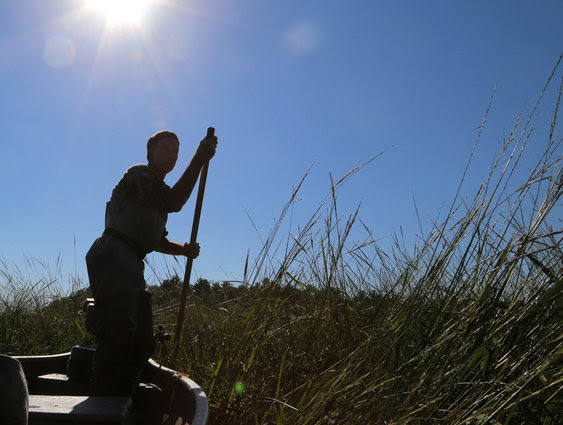
By Matt Doll, Minnesota Environmental Partnership
This month, the Minnesota Pollution Control Agency (MPCA) is holding hearings on its proposed changes to the state’s Wild Rice Sulfate Standard, which regulates the level of sulfate pollution allowed to be discharged into wild rice waters. If enacted, the amendments would shift the regulation from enforcing a uniform level of sulfate across these waters to a more complicated formula, creating a different amount of sulfate allowed for each body of water. While the changes have been promoted as a flexible way to balance wild rice protection with the individual needs of the area, the practical effect of the change is likely to do more harm than good to Minnesota’s state grain.
Sulfate pollution is most commonly discharged by mines, industrial plants, and municipal wastewater systems. When sulfate sinks to a river or lake bed, it combines with sediments to form sulfide compounds, which have harmful effects on wild rice and other organisms. Enough sulfide in a water body can make it hard or even impossible for wild rice to grow.
Getting a sulfate standard wrong could result in catastrophe for Minnesota’s already-diminished wild rice resources. This would be especially harmful to Minnesota’s tribal communities, who rely on wild rice for health, economic activity, and cultural survival.
The supposed strength of the new sulfate rule is its key weakness: making an individual standard for each body of water. The MPCA identifies approximately 1,300 waters as wild rice areas, (a conservative figure that does not cover all wild rice waters), and proposes to study and regulate each one individually.
Budget and time constraints and political considerations mean that many waters will likely not get the enforcement they need to keep sustaining wild rice. And that means they will continue to diminish from toxic pollution. Our waters would be much better served if the current standard were adequately enforced and expanded across all wild rice waters.
Fortunately, there’s still time to speak up for strong protection of this precious resource! Over the next two weeks, the MPCA will hold public meetings on the new standard in St. Paul, Virginia, Bemidji, Cloquet, and Brainerd, and will have a videoconference available on November 2. The Minnesota Environmental Partnership has set up an Action page to RSVP to one of these hearings – let us know if you show up and speak up! The MPCA will also accept written comments until November 22. Let the agency know that for the sake of the long-term health of our waters and our wild rice, Minnesota can’t afford to get this one wrong.